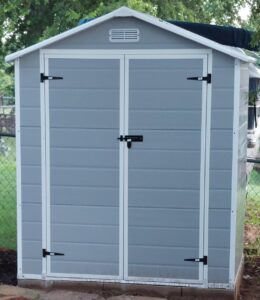Buyer beware (Latin equivalent is “let the caveat emptor”) is the principle that the buyer is responsible for checking the quality and usability of merchandise before making the purchase. This rule should be followed without exception when buying on Craigslist or Social Media, through the want ads, an auction, or from any retail establishment. The most prolific problem occurs when buying a mechanical, electrical, or electronic device, such as washing machines, dryers, dishwashers, power tools, computers, televisions, and stereo systems.
The scenario is as follows: The seller has a washing machine unhooked and ready to be taken away. The buyer asks the seller if is there anything wrong with the appliance, and, of course, the seller says no. The buyer makes the long journey home and hooks up the newly purchased appliance. Much to the chagrin of the buyer, it doesn’t work! The buyer contacts the seller who states that the washing machine worked perfectly before it was unhooked.
This type of transaction occurs every day. To avoid buying a giant paperweight or a lawn ornament, insist on a demonstration that the appliance, television, or whatever the device is, functions properly, and has no cosmetic damage. If the seller is unable or unwilling, walk away and look for a seller who is willing to do so.
A person buying an automobile wouldn’t think of making the purchase without thoroughly inspecting the vehicle. The same logic should be applied to buying a mechanical or electrical appliance. NEVER purchase a product that has electrical or mechanical components without making sure it works.
This rule also applies to new electronic devices such as TVs. I have seen many people purchase a brand-new set in the box, wait several months before opening it, only to find it was damaged. The customer then calls the store and quite often, the store refuses to do anything because of the time elapsed since the purchase.
Always ask if there is a warranty on the product. It is also prudent to look over the terms of the warranty, especially an extended warranty, that must be purchased separately. More often than not, extended warranties may not be worth the price.
When buying online from such sites as eBay, Amazon, or Wish, if possible, use PayPal rather than your checking account, credit, or debit card. Although many sellers on eBay offer no warranty, Paypal and eBay will resolve the issue to the customer’s satisfaction.
One last point is buyer safety. When making a purchase through Craigslist or social media, you should exercise caution when going to someone’s home or a remote location. It’s advisable to have someone with you. You should also let someone know where you are, and keep your cellphone handy with 911 already dialed.
Following these guidelines should help keep you physically and financially safe.










